Oracle of Consciousness
Human Relationships
Part 1

Relationships:
The way in which two or more people or things are connected.
The state of being
connected
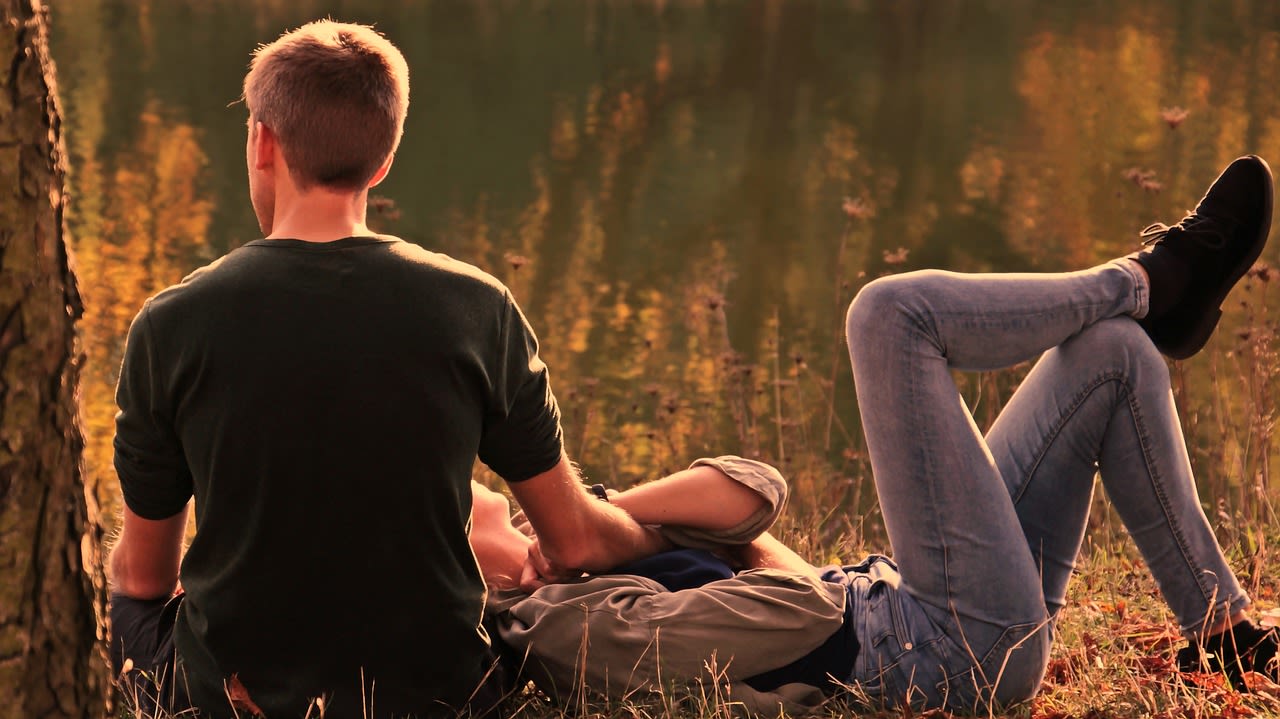
Hands up anyone who has been challenged (or even severely challenged) within a relationship, any form of relationship?
Yes that is what I thought and welcome to the human experience!
I am of the opinion that relationships between human beings are one of the most, if not THE most challenging to navigate.
As no-one on the planet has had the exact same experiences as another, or formed a precise and consistent copy of their perspectives, when we find ourselves thrown together or under the same roof expecting everything to conform to the naive illusion seen through our rose-coloured glasses that everything is going to work out swimmingly, we are setting ourselves up for a surprise.
Some may call it a disaster!!
Only by having these relationship experiences do we lose our naivety.
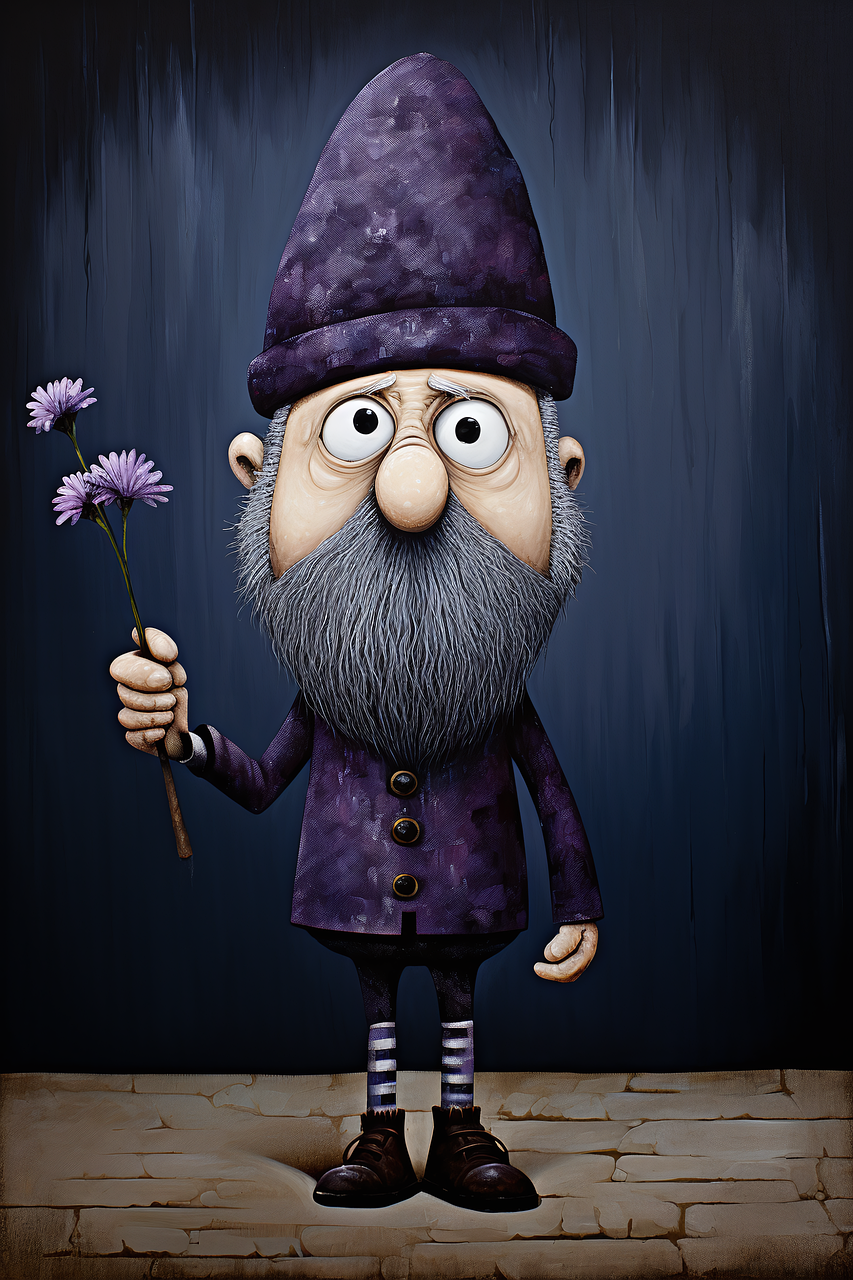
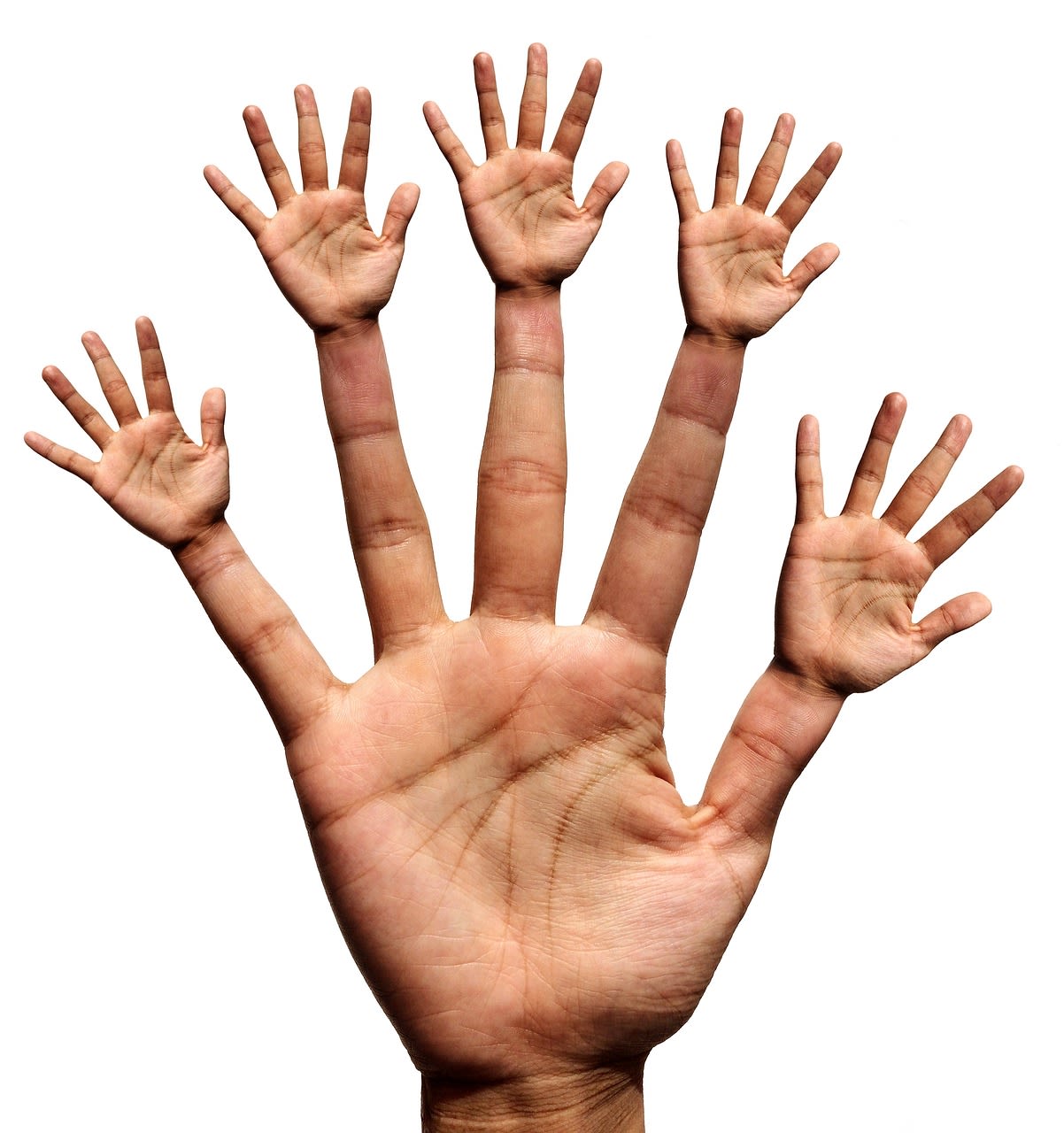


Having said that, I also believe that venturing into and committing to a relationship with another, is one of the most rewarding and growth-enhancing experiences ever.
But I will leave you to draw your own conclusions on that statement.
What follows is a brief look at the foundations of relationships, but does not include business or work ventures, which are an entirely different topic.
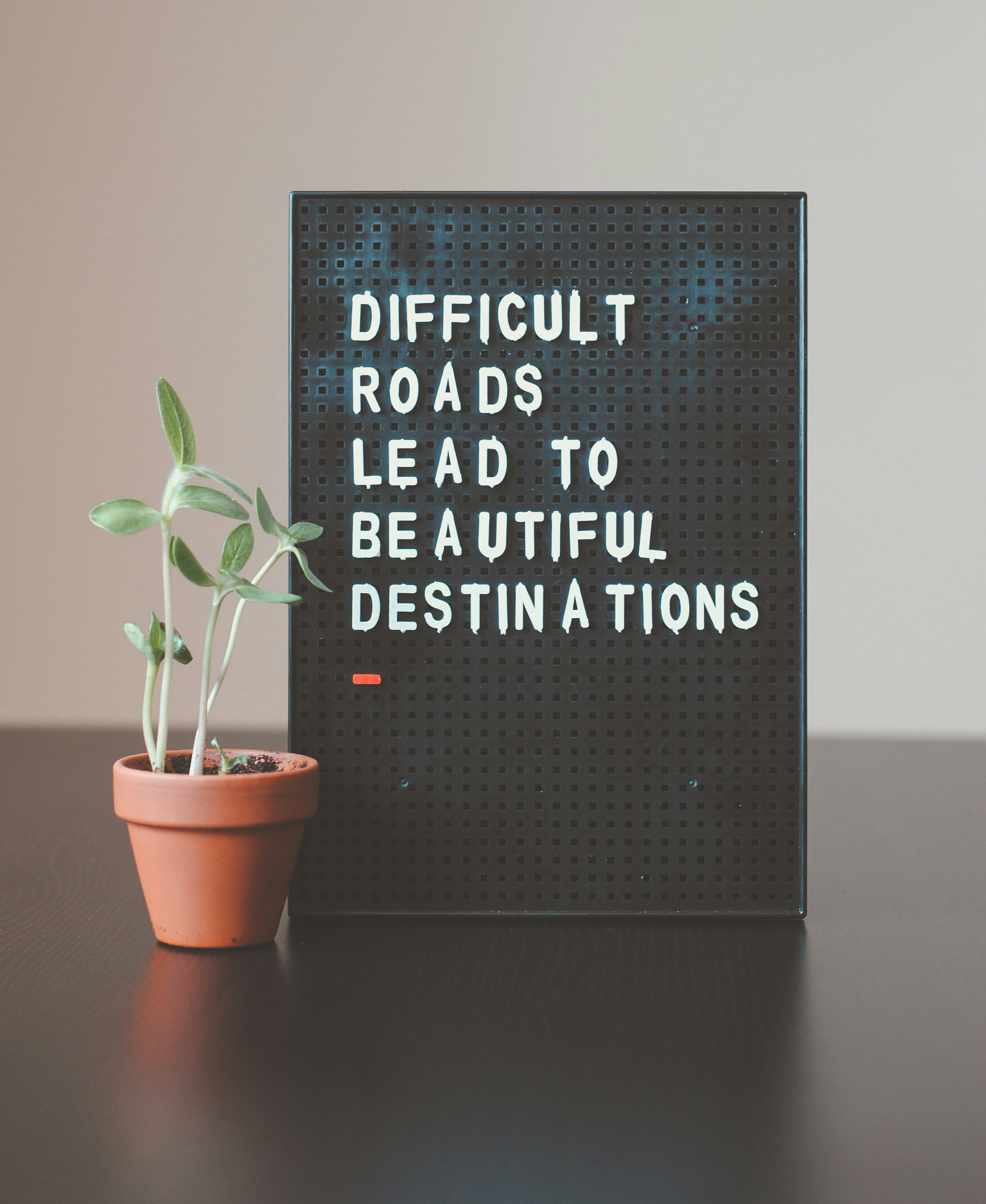


The Six Human Needs as popularised
by Tony Robbins

Certainty
Assurance you can avoid pain and gain pleasure
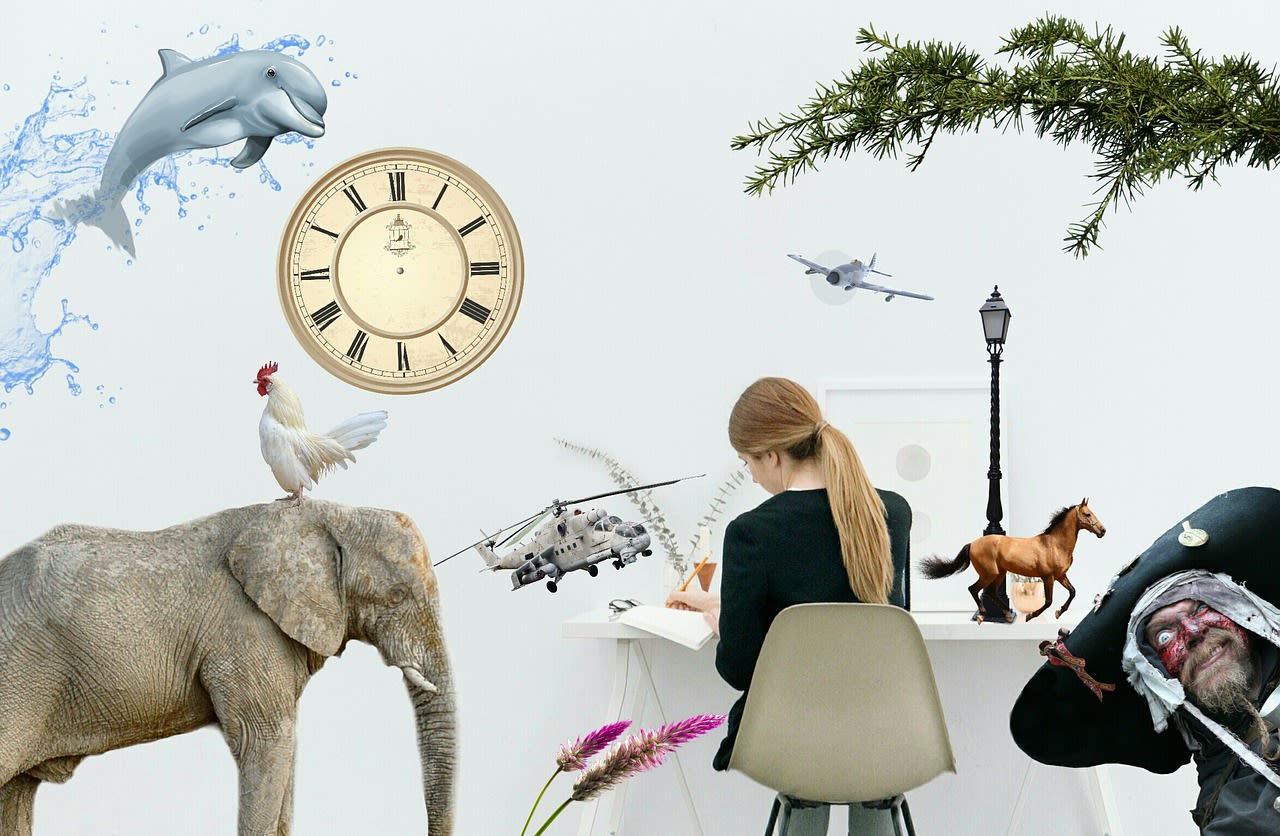
Variety
The need for the unknown, change, new stimuli.
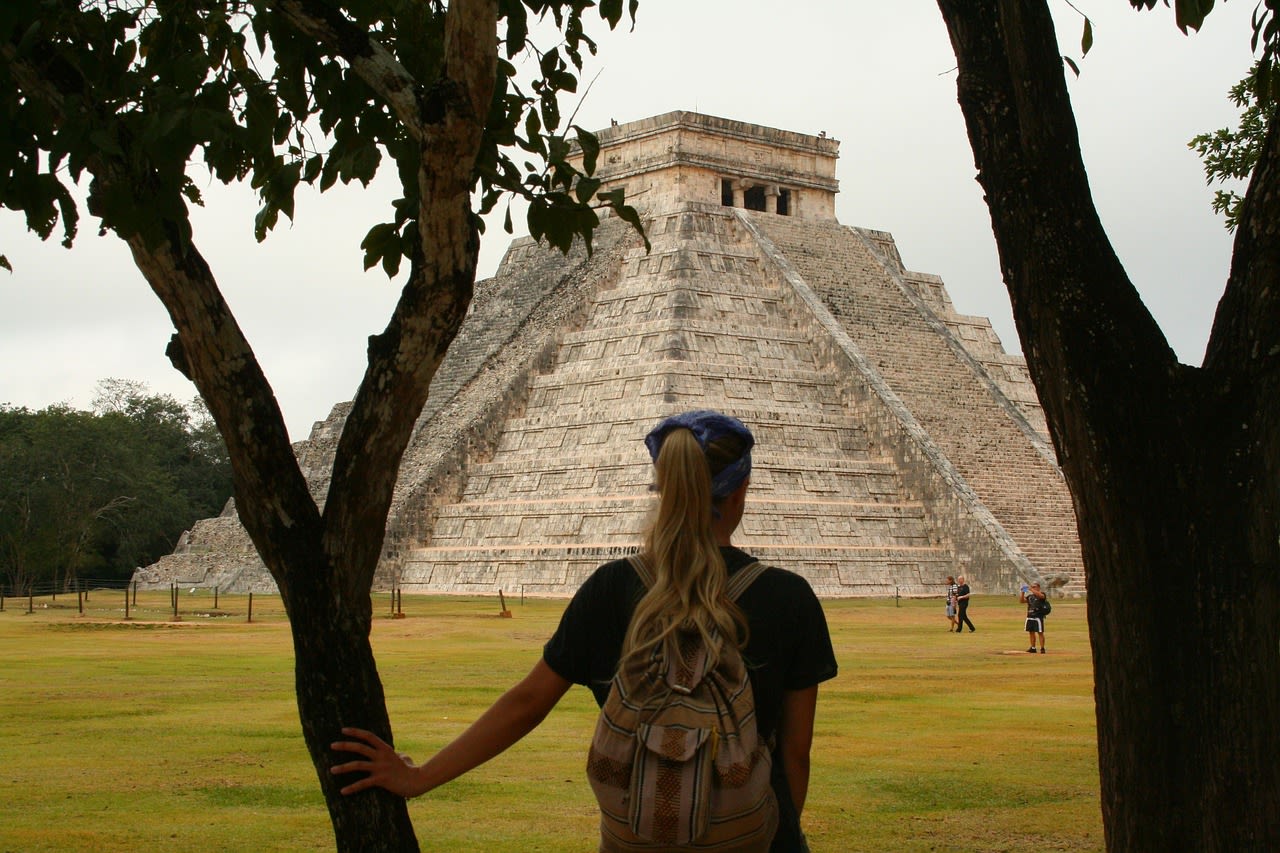
Significance
Feeling unique, important, special or needed.
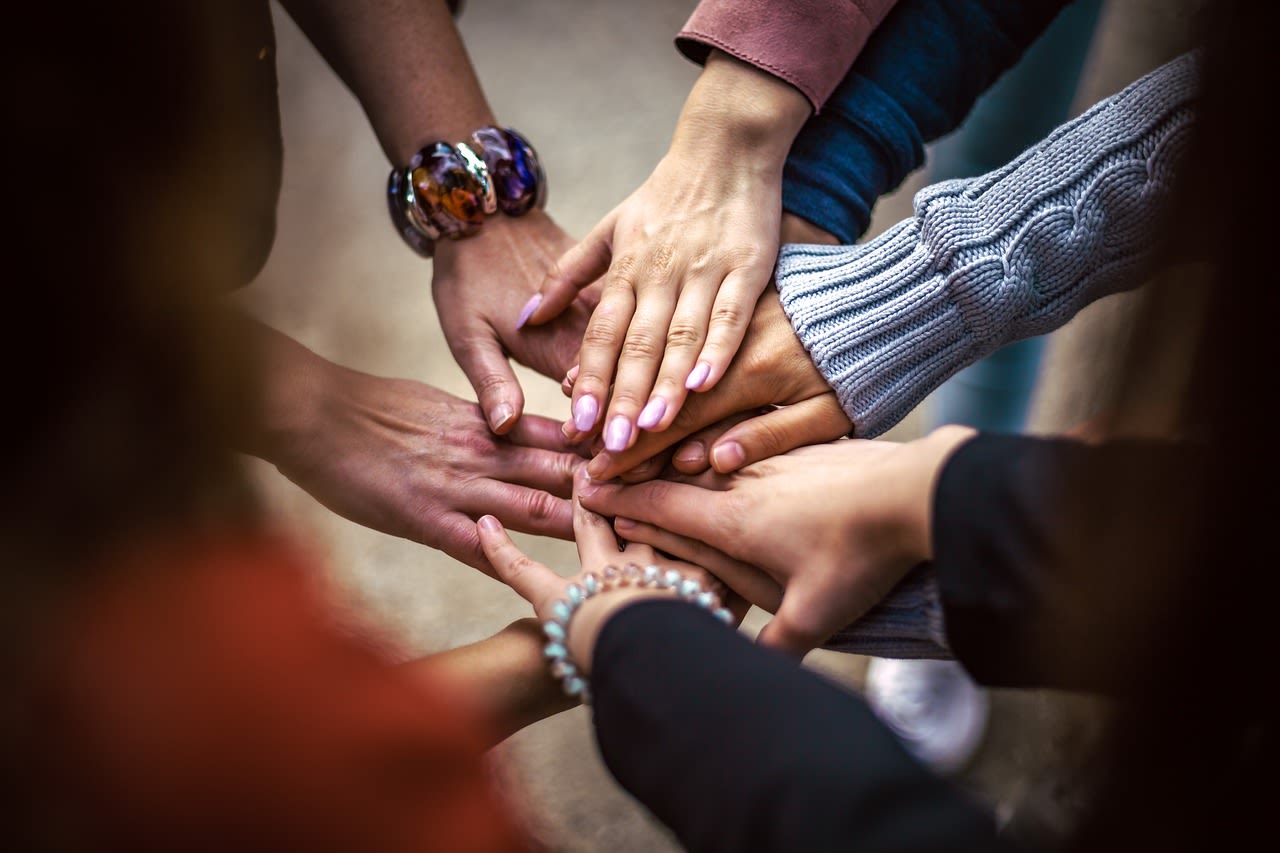
Connection
Love: a strong feeling of closeness or union with someone or something.

Growth
An expansion of capacity, capability or understanding.
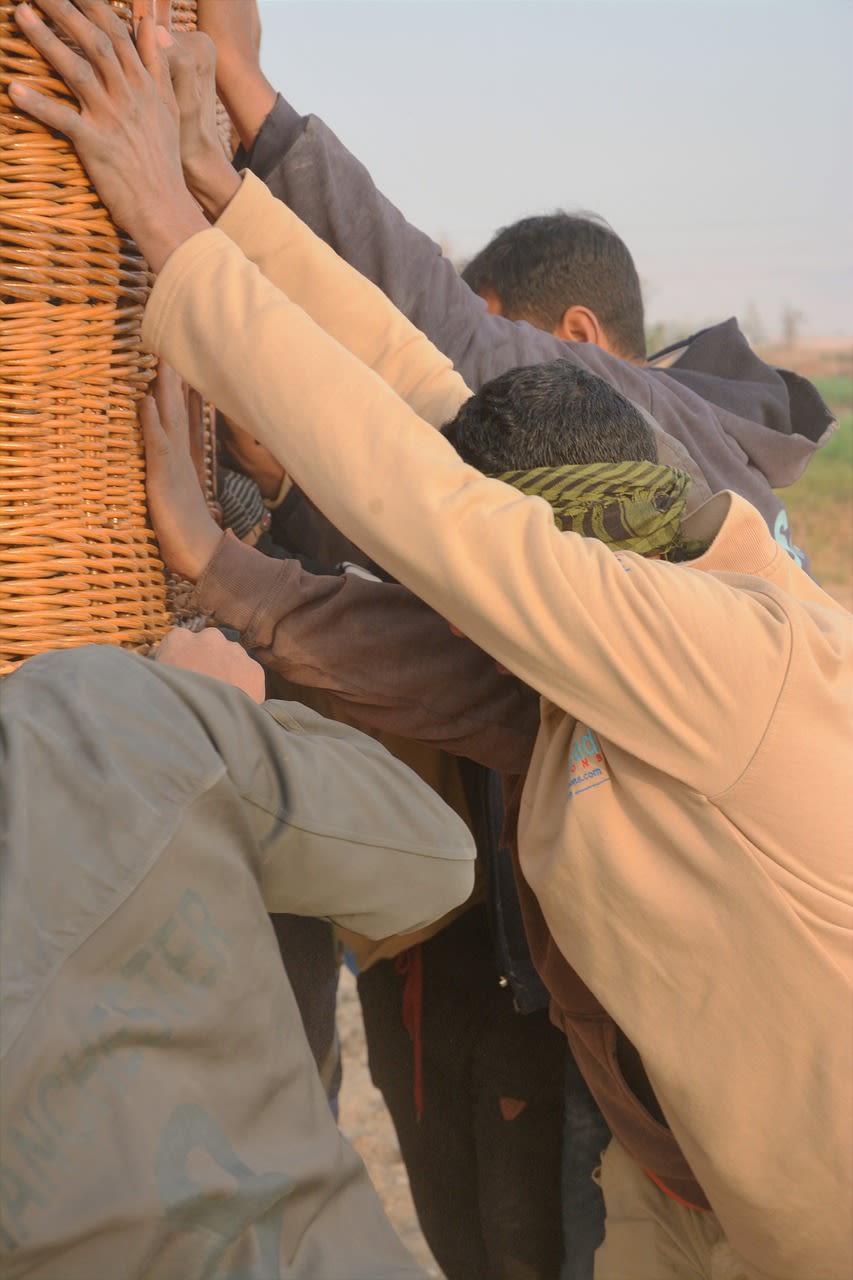
Contribution
A sense of service and focus on helping, giving to and supporting others.
Defining our personal needs and those as a couple, preferably in the early stages, is a vital component of a successful relationship.
When our needs are not being met, it triggers irritability and if not curbed and corrected, can develop into antagonism, anger and more.
As we progress through our life and relationships, our needs may change and thus the ongoing requirement to mindfully and openly discuss them with our partner.
The Nine Stages of Relationships
Source: https://www.lovepanky.com
Note: These serve as guidelines only, as not all relationships are going to follow this path.
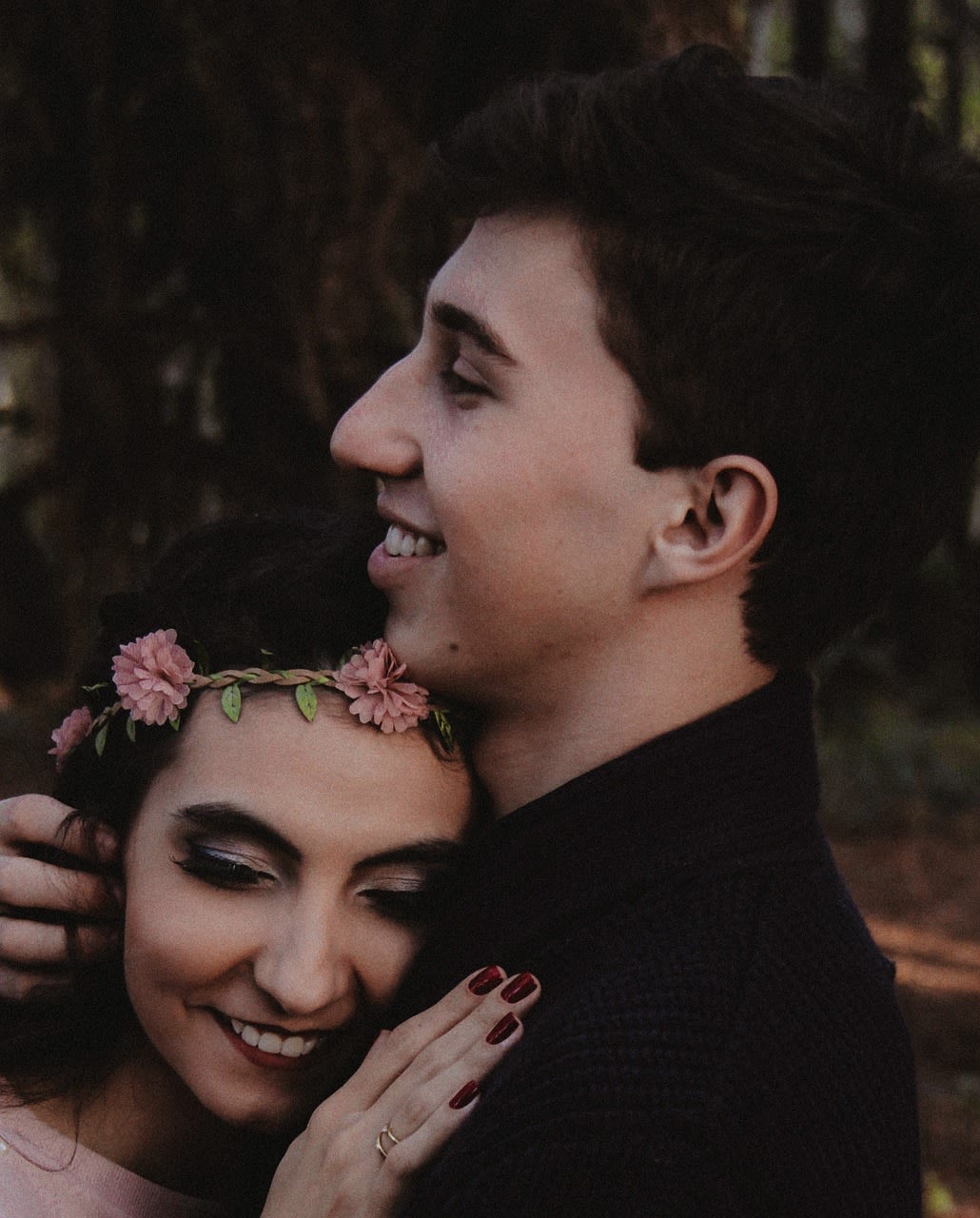
Stage #1 The infatuation stage
This is the first stage in every relationship. It almost always starts with an intense attraction and an uncontrollable urge to be with each other. Both of you may be intensely sexually attracted to each other, or both of you may just love the cuddles and each other’s company. In this stage, both of you overlook any flaws of each other and only focus on the good sides.
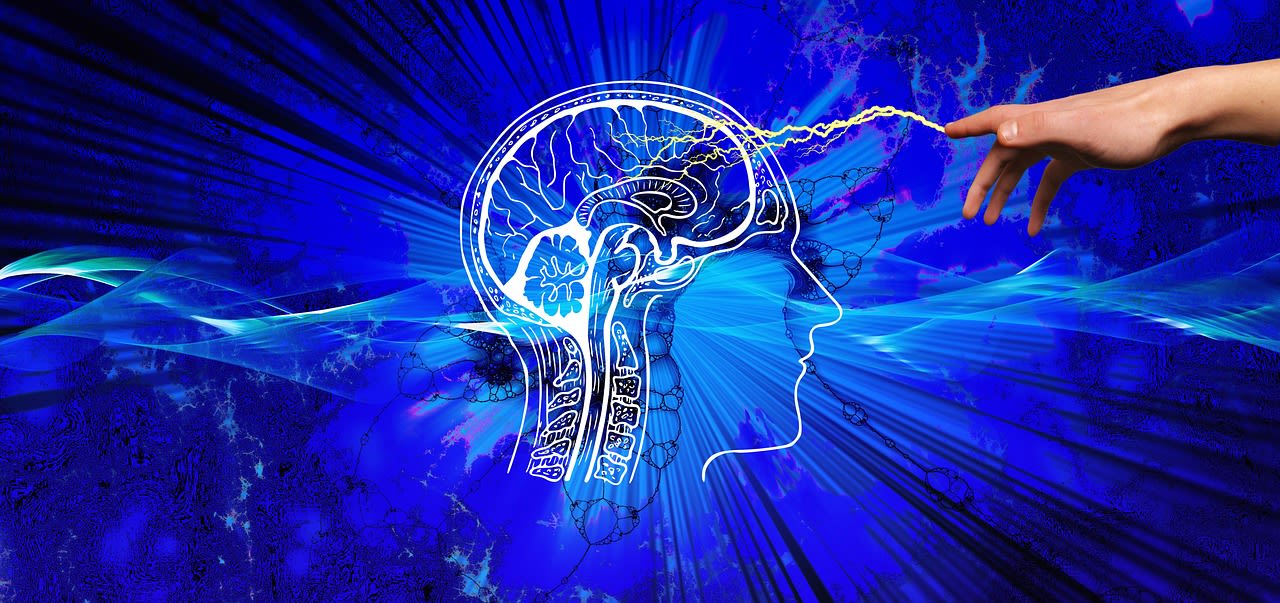
Stage #2 The understanding stage
In this stage, both of you start getting to know each other better. You have long conversations with your partner that stretch late into the night, and everything about your partner interests and fascinates you. You talk about each other’s families, exes, likes and dislikes and other innocent secrets, and life seems so beautiful and romantic.
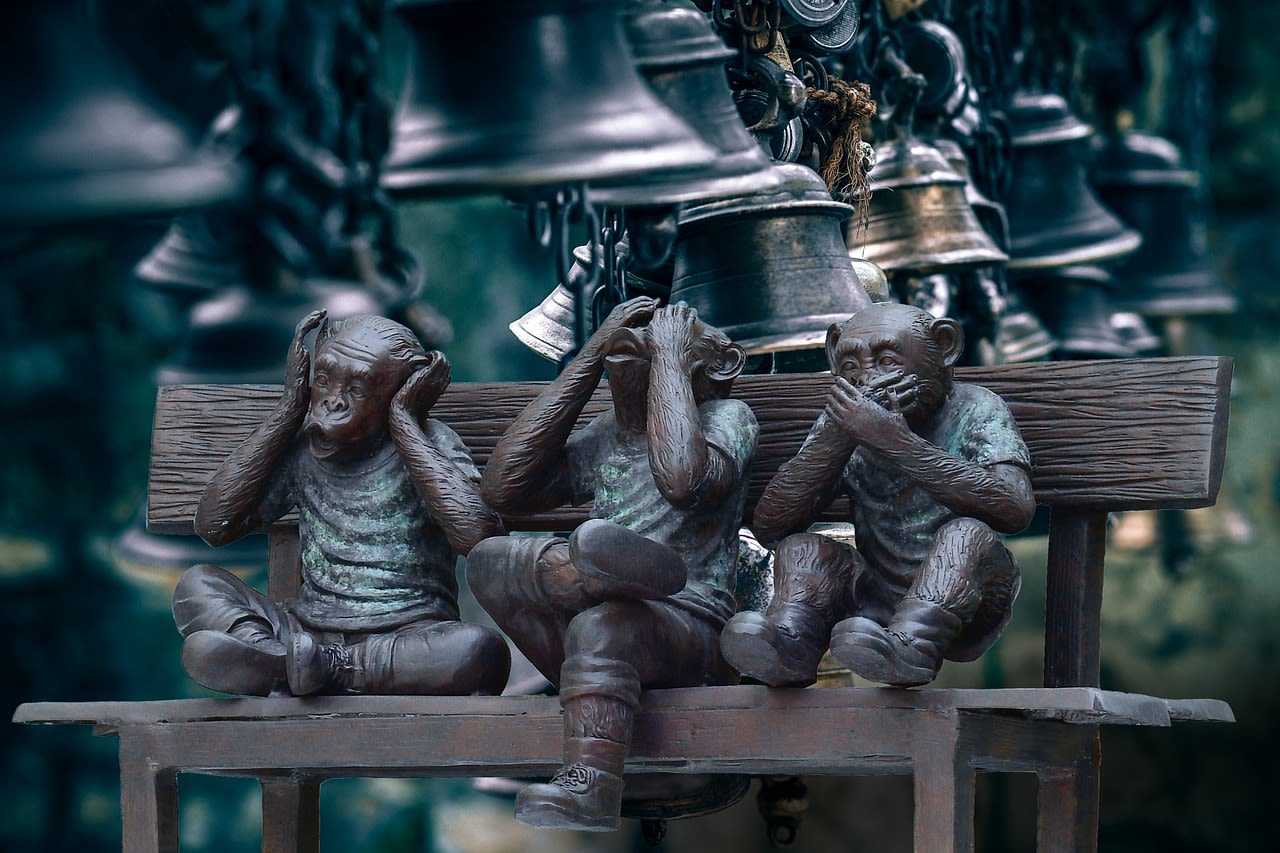
Stage #3 The stage of disturbances
This stage usually forces its way into a happy romance after a few months of blissful courting.
Do you remember the first fight or angry disagreement you and your partner had?
For the first time ever in the relationship, both of you confront each other over a conflict, even though it’s sorted out quickly.

Stage #4 The opinion maker
In this stage, both of you create opinions about each other. As the months pass by, both of you know what to expect from each other, and you make an assumption about your partner’s commitment towards the relationship. When these opinions and expectations about your partner differ now and then in real life, it can either leave you ecstatic or depressed. You don’t expect your man to buy you flowers, but he does. You feel ecstatic. At the same time, you expect him to pick you up from the airport on time. But he arrives an hour later because he forgot all about picking you up. It depresses you.
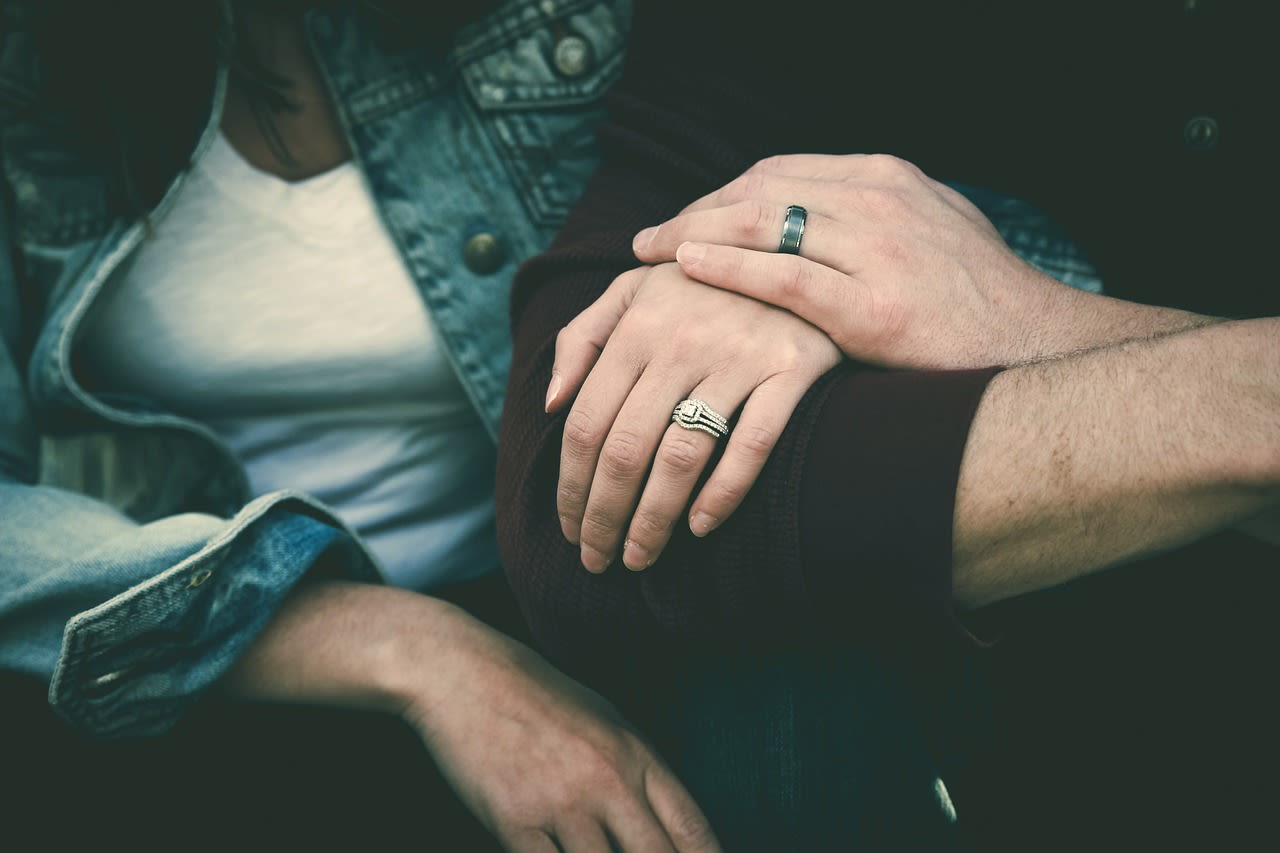
Stage #5 The moulding stage
You have your own expectations from an ideal partner.
And in this stage, both of you try hard to mould each other to fit your own wants in a perfect partner.
This stage is a lot about give and take, and both partners constantly try to subtly convince each other to change their behavior towards the relationship.
This is a power struggle, and one that can end the relationship if both partners are domineering

Stage #6 The happy stage
If the relationship survives past the moulding stage, both of you may have changed equally for each other and understood each other’s expectations. In this stage, the relationship cruises along perfectly and both of you may be blissfully happy with each other.
Almost always, this is the stage when both of you feel like a perfect match. You may even decide to get engaged or get married. This happy stage is also the stage of attachment when both of you truly feel connected to each other and love each other intensely.
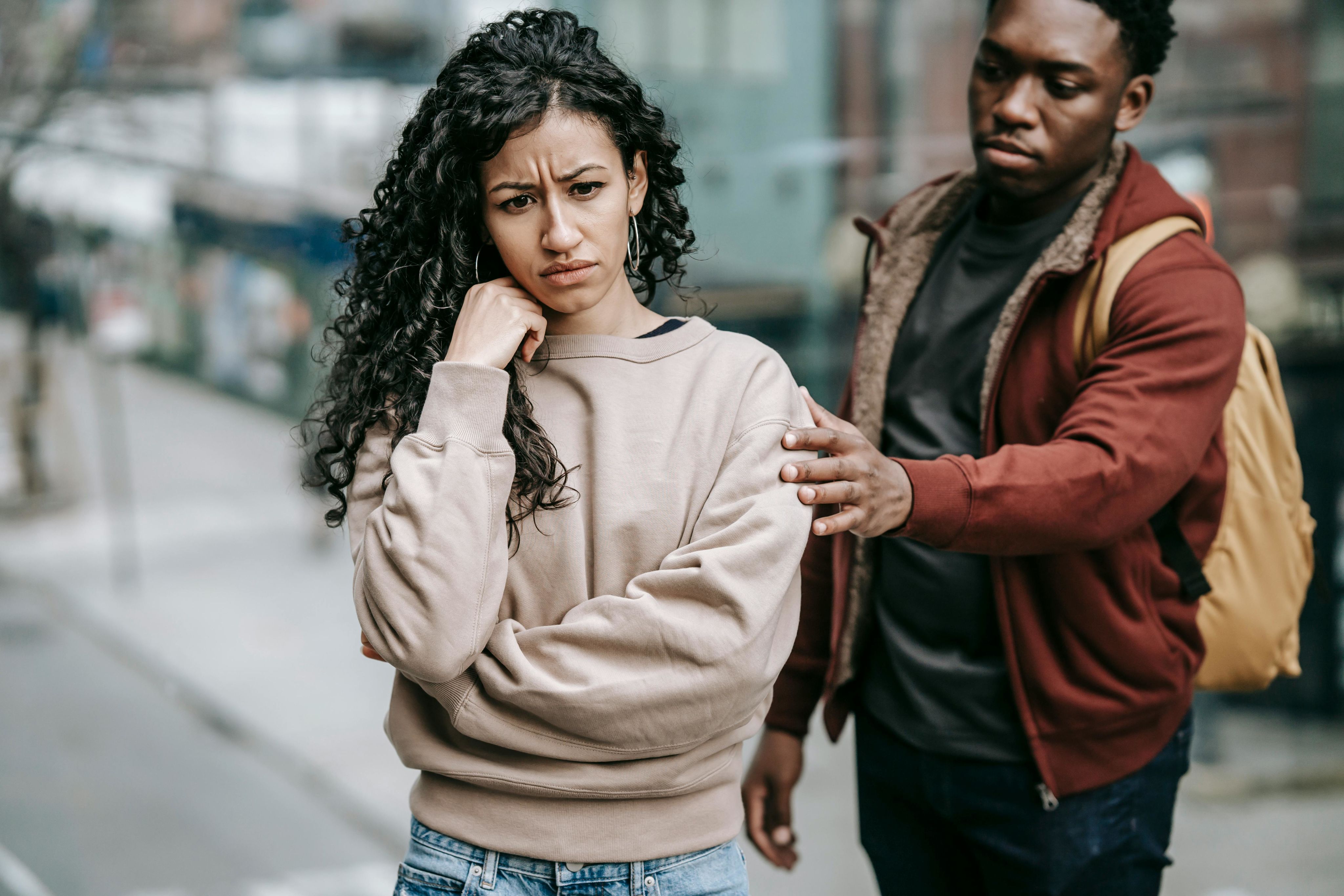
Stage #7 The stage of doubts
It’s been several years since both of you have been in a relationship with each other. And somewhere along the way, doubts start to creep in. The intensity of the doubts depend on how happy both of you are in the relationship.
You start to think of your past relationships, your exes, and other prospective partners. You tie your happiness in life with your relationship. If you’re unhappy, you blame it on the relationship.
In this stage, you start comparing your relationship with other couples and other relationships. Would your relationship survive this stage? It definitely could, as long as your relationship isn’t monotonous and repetitive.
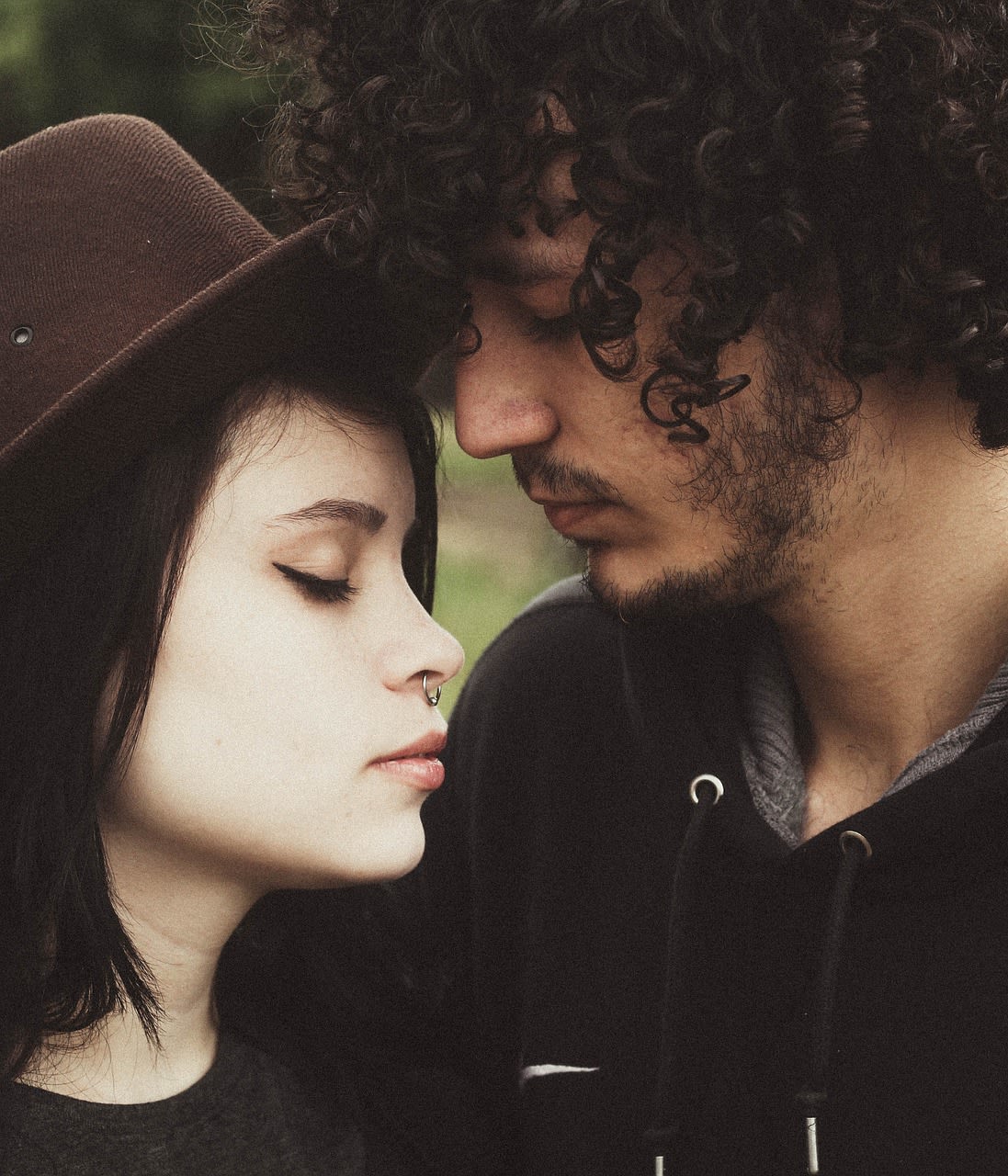
Stage #8 The sexual exploration or bust stage
This is the stage when your sex life starts to play a pivotal role. Both your sex drives may change or one of you may get disinterested in sex.
In this stage, you either give up on passionate sex or constantly look for ways to make sex more exciting.
If sexual interests start differing here, one of you may end up having an affair.
But on the other hand, if you find creative ways to make sex more exciting, your relationship could get better and bring both of you a lot closer

Stage #9 The stage of complete trust.
This is the happy stage when both of you love each other and trust each other completely. But at the same time, the unbreakable trust in each other could also turn into taking each other for granted.
In this stage, both of you know the direction of the relationship and both of you are completely happy with each other and find it easy to predict each other’s behavior and decisions. But with stability in love comes the urge to take each other for granted.
As pleasant as this final stage of love may be, it’s still no excuse to take each other lightly or stop appreciating each other, because love is an intense emotion that can be rekindled by anyone else at any time if you fail to express your romance to your lover.
If you’re in a relationship for a while, you may have experienced all or most of these relationship stages.
And if you’re still in a young love, don’t let the dark side of these relationship stages scare you.
Instead, look at these nine relationship stages as stepping stones into a better future, one that’s filled with a lot of love and happiness, just as long as both of you remember to keep love alive all the time.
“Good relationships keep us happier and healthier. Period."
"It's the quality of your close relationships that matters."
Waldinger
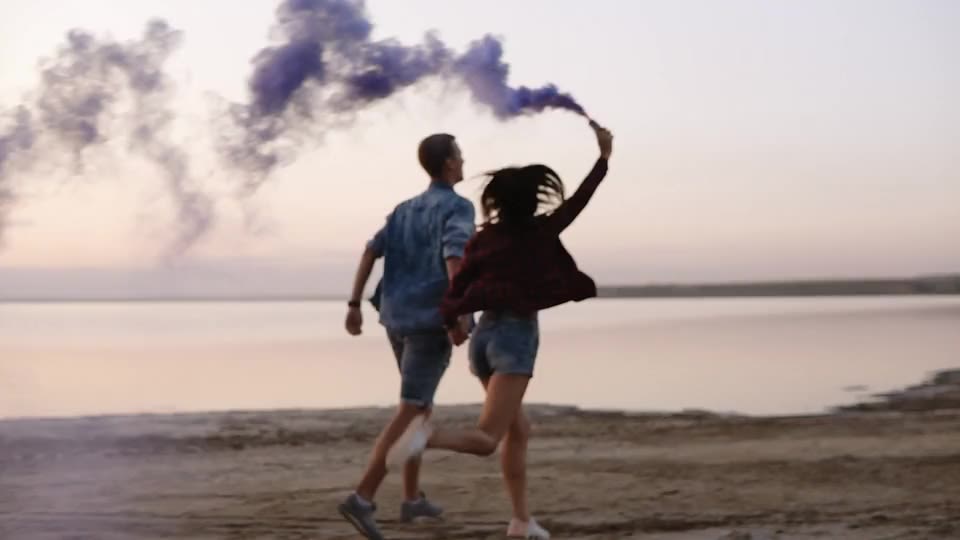
The Many Faces of Relationships.
In this diagram, YOU, the conductor and choreographer of your life, are located in the centre of a honeycomb of elements that make up all of your life’s activities, connections and relationships.
Quite likely you can add or subtract some of these items.
However, all are inextricably linked together, even though you may have placed some as being more important than others, they are all in relationship with one and another and to you, as you are in relationship and connected to them.
By evaluating and determining the quality of each of these relationships, we can measure the amount of happiness or satisfaction we have within each.
As an example, if we have a falling out with a family member and have had little or no communication with them for some time, then clearly we do not have a strong or happy relationship with them.
If you are in conflict with one or more people, then the condition and effectiveness of the relationship is going to have an impact on both of you and the quality of your engagement with them.
A tree, with its myriad of roots deeply embed into the ground, has created a strong foundation onto which it can grow and reach greater heights.
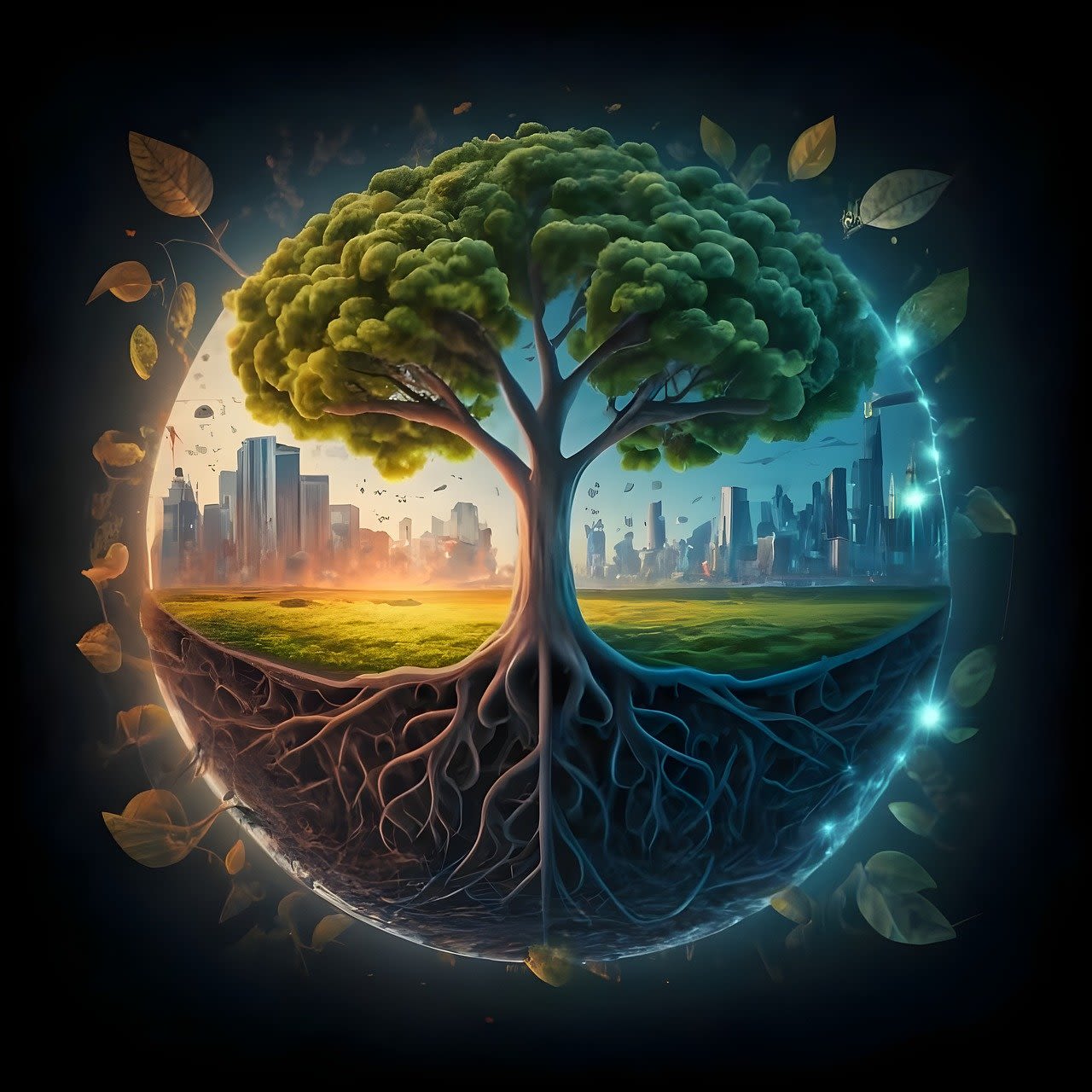
"Relationships form the foundation
of achievement"
Strong, healthy and functional relationships will bring about excellent results, growth, synergy and cooperation.
Conversely, the opposite will be present when relationships are weak, dysfunctional and uncooperative.
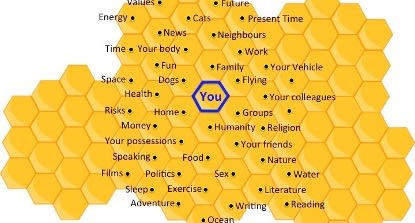


Who or What are You Relating With?
Here are some common examples of who or what we may be connected, or in relationship to in our lives:

Who are you with your masks in place, or behind them, as an expression of your authenticity? How is your relationship with the real you?

What sort of relationship do you have with your own body, mind, emotions, food, work, sex, hobbies and life in general?

What is your relationship with others in your immediate family, extended family, relations, friends, work colleagues, acquaintances, etc.?

What is the quality of your connections with members of groups, which may include your sporting activities, community gatherings, Greenpeace, etc.

How well or not do you relate with other life-species such as animals, plant life, marine creatures, birds, insects, etc.?

How do you interact with your own assets or other people’s belongings or materials? For instance, how healthy is your relationship with your computer, washing machine or motorcar, hired or leased equipment?

How would you measure or assess your relationship with your immediate environment or extended out, to the Planet as a whole?
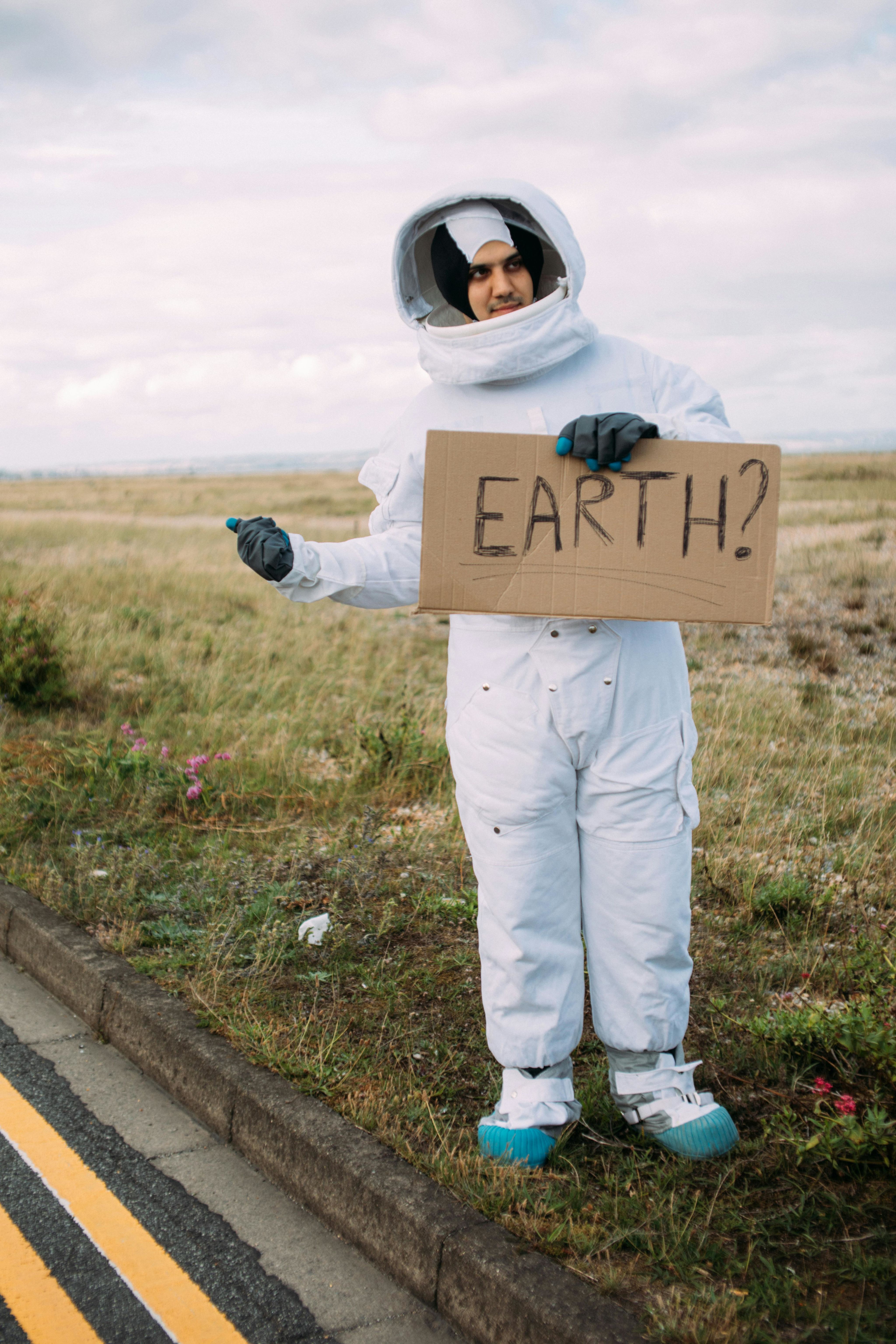
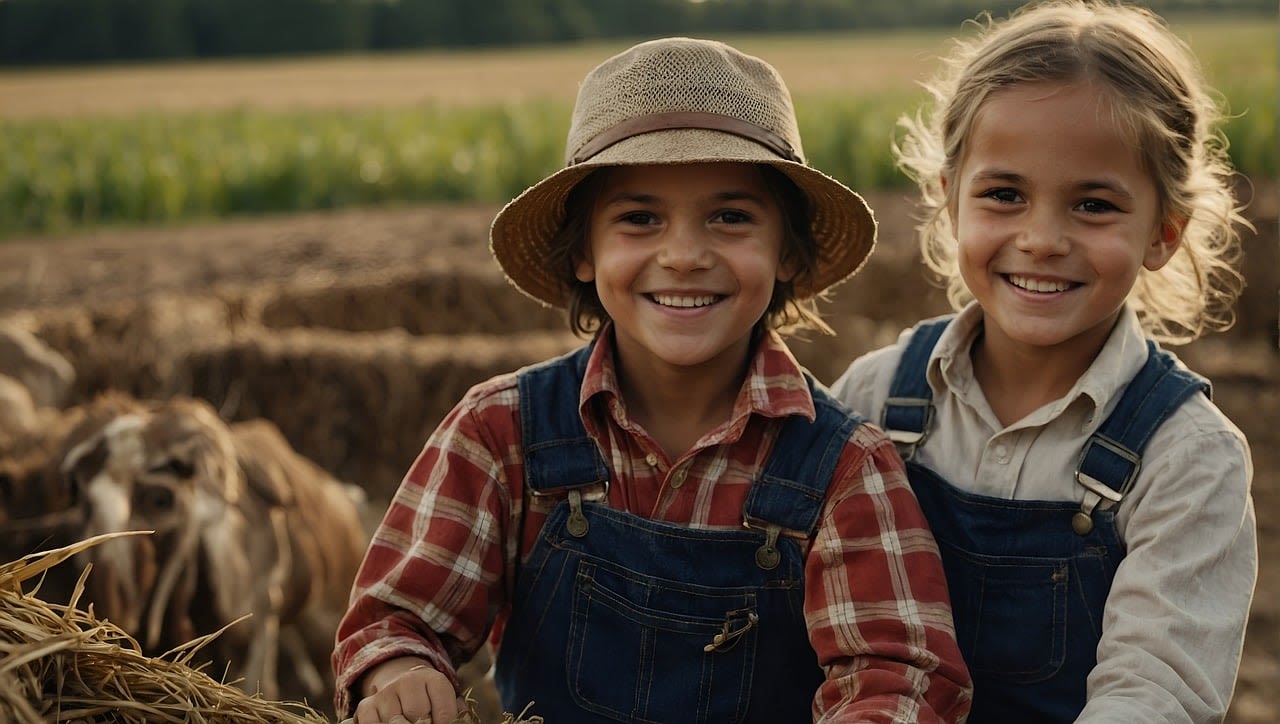
How do you feel and care about the lives of future generations?
“How healthy or unhealthy is my relationships with...…?”
You fill in the gaps.
Clearly, the strength, health and quality of your connections are the measures most valuable to us.
By honestly assessing your level of healthy or unhealthy, strong or weak connection to any given subject, you can determine the value and quality of that relationship and ultimately, it's likely lifespan.
It may be that you need to divest yourselves from some unhealthy and unrecoverable relationships, add some creative maintenance to some, or seek out new ones.

Using the analogy of house maintenance, we all know that if we do not when required, apply some fresh paint, fix a leaking tap, replace worn out carpets, curtains, or attend to whatever needs attention, then our place of abode will soon start to deteriorate, look shabby and run-down.
It is the same with your relationships, which if you cease to actively create them, the connection and quality will diminish and ultimately wane into oblivion.
Isn’t this what has happened in one or more elements of your life at some time in the past? Historically, any poor quality relationships you may have encountered in your childhood or youth can have a profound effect on your present day relationships.
Questioning Relationships
Are some of your relationships just plain worn out or diminishing?
Do some of your relationships need a dose of creative maintenance.
Do you need to find and create some new, stimulating relationships with like-minded people?
Click below for Part 2.
g history, dissemination of knowledge throughe media and the formation of legal systems.

